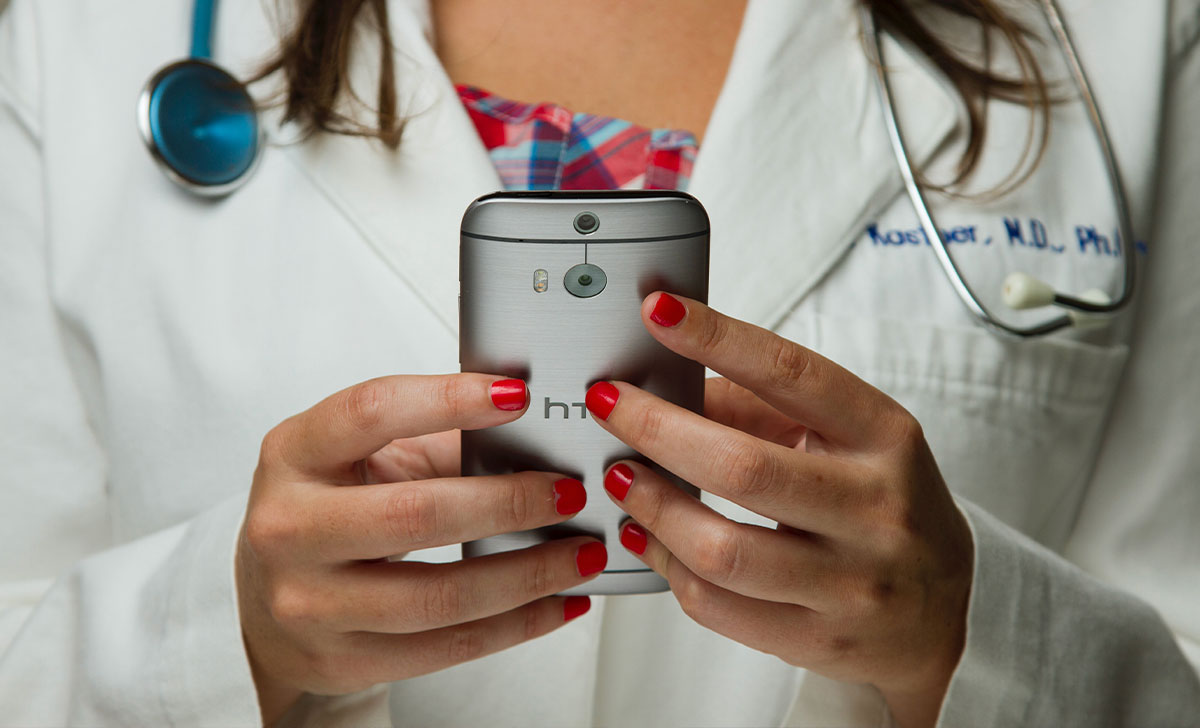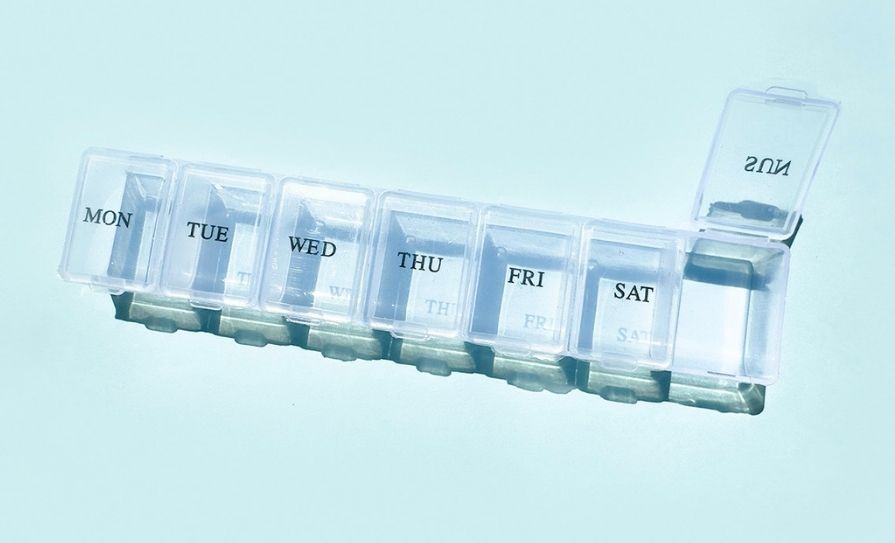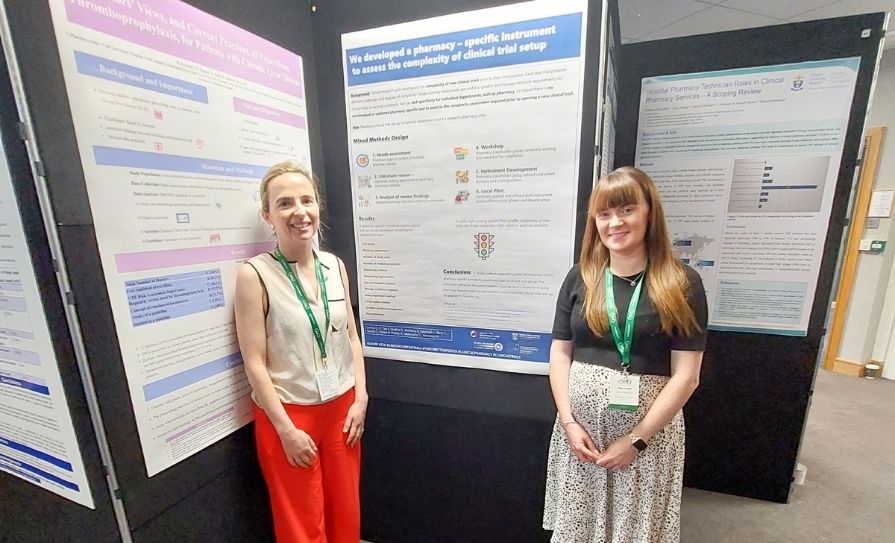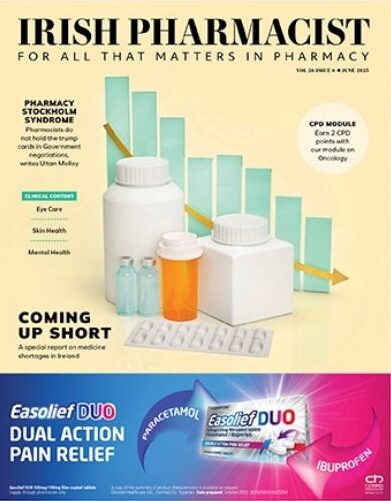An Electronic Health Record (Ehr) Will Be Pivotal In Achieving Personalised Healthcare, Writes Dr Jennifer Westrup, Consultant Medical Oncologist At The Beacon Hospital And Associate Clinical Professor At Ucd.
By almost every parameter, cancer outcomes have improved dramatically in recent years. Innovative medicines and novel therapeutic regimens have meant that we as oncologists have so much more to offer our patients diagnosed with almost any form of cancer. Medicine has played its part in getting us to this point. Now the health service itself must change to accommodate 21st Century healthcare and embrace technology so that patients can receive the best standard of care, personalised to their individual needs, regardless of what condition they have or where they are being treated. Health has become almost overwhelmingly digitalised — we now have wearables, decision support system apps, mobile apps, symptom trackers, sensors, and a plethora of other technologies. This truly patient-generated data is rarely, if ever, harvested and used to inform and develop our health system. A veritable goldmine, we instead allow big tech to collect it for their own research platforms and drive further proprietary innovation, share it with third parties, or discard it.
MISSING PIECE
An Electronic Health Record (EHR), whereby a patient’s medical information is stored digitally rather than in a paper file, is one key missing piece for our entire health system. Not only would it support the creation and sharing of key patient information, but it has already been identified by HSE National Directors and clinical leaders as a key capability requirement for the future delivery of healthcare. The EHR would allow for the collection of routine medical data, patient-generated data, and other critical information such as research data, and the patient’s genomic data. Every- thing should flow through one digital record. Ultimately, this means integrated care initiatives can happen as the silos evaporate. Patients would also be able to access their own medical records on demand. This transparency is essential as we move towards a more personalised and patient-centric system of healthcare. For those wary of such a move, we need to effectively communicate the security of an EHR compared to a paper record. With an EHR, every key strike is recorded. If a patient wants to know who has accessed their medical record, they can find out.
Ensuring trust as the new digital system develops will be key — the public should view the EHR as an essential and secure passport that enables them to ‘travel’ around the health service, between different doctors and healthcare settings. An electronic health record is like a locked safe — your medical records should be as easy to access as your online banking, and just as safe. Consider that our whole banking system is now digital. Would you have faith in your personal financial information being stored in a paper file in the local branch of your chosen bank? It should be the same for our medical records. Contrary to popular misconception, this is not a new or innovative phenomenon. Over the past two decades of my career, I have observed several iterations of EHRs. Arguably the most successful was in Boston, where we set a hard deadline and moved a 2,000-bed hospital over to electronic medical records in a six-month time period. That was 18 years ago, and updated versions of that EHR are still in use today.
FIGHTING FIRES
Running the health service means fighting fires and executing the huge demand of day-to-day processes while looking towards the future. On one hand, we are striving to deliver a functional and comprehensive healthcare system for everybody of all ages. But on the other hand, we really want a modern, cutting-edge system that incorporates the ability to mine data anonymously, identify candidates for clinical trials, and have the bandwidth to store genomics and genetic data. Striking the balance can be difficult when we try to achieve progress while still meeting our day-to-day targets. What my cancer patients have taught me is that medicine is truly global — I call it the ‘two-click phenomenon’. Once diagnosed, our oncology patients go home and immediately learn all about their disease, the current treatments, and the ongoing research in that area. We are at the frontline with patients who have access to knowledge all over the world and can identify when they’re not getting that same standard of care. An EHR could form the basis for a higher standard of care for our patients, to enable them to access their own data and to allow their data to be sent securely for a second opinion, or a clinical trial. Ireland continually compares itself to the UK, but Finland is just one country that is much further down the road than us when it comes to this digital health journey, further highlighted by the recent Futureproofing Healthcare Personalised Health Index. With a similar population size to Ireland, we can learn from their success and failures. We can also explore how they got to a point where an EHR is embedded in their health service and functions to enhance patient care and improve outcomes. The introduction of an EHR is a pivotal step if we are going to futureproof our healthcare. Personalised healthcare is the future, and there are enormous benefits to patients.







